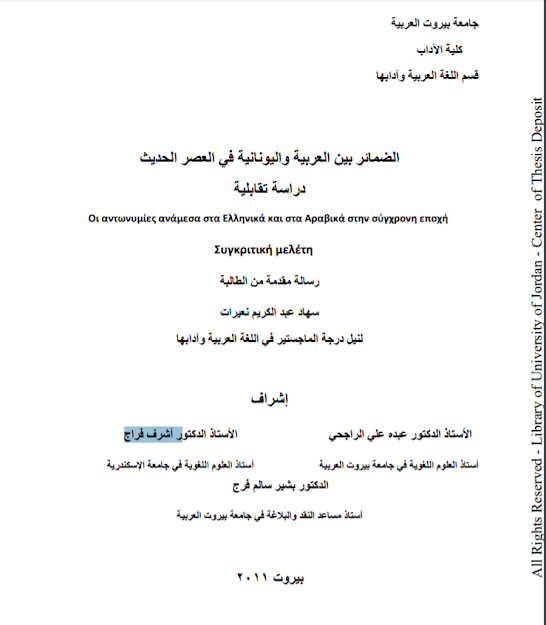First part of a collection of Naṣīr al-Dīn Muḥammad ibn Muḥammad al-Ṭūsī's (نصير الدين محمد بن محمد الطوسي; d. 1274) editions (تحارير) of the so-called intermediate books (متوسطات), Arabic versions of ancient Greek mathematical texts and responses to them which were meant to be read after Euclid's Elements and in preparation for Ptolemy's Almagest . The second part of this collection is found in manuscript IO Islamic 923.
The script, ornamentation and binding of the volume indicate that it is part of a set comprising also manuscripts IO Islamic 923 and IO Islamic 924. Since the latter was transcribed in 1198/1784, probably for Warren Hastings, Governor-General of Bengal from 1772 to 1785 (see front paper ii
recto ), the collation notes in this manuscript dated to the month of Jumādá I without indication of the year probably refer to 1198 (March-April 1784).
Contents:
(1) Euclid (أقليدس), Data (تحرير كتاب المعطيات لإقليدس; ff. 1v-35r);
(2) Euclid (أقليدس), Optica (تحرير المناظر لإقليدس; ff. 36v-56r);
(3) Euclid (أقليدس), Phenomena (كتاب ظاهرات الفلك لأقليدس; ff. 57v-86r);
(4) Autolycus (أوطولوقس), De ortibus et occasibus (كتاب أوطولوقس في الطلوع والغروب; ff. 87v-110r);
(5) Hypsicles (إبسقلاوس), Anaphoricus (كتاب في المطالع; ff. 111v-116r);
(6) Archimedes (أرشميدس), De sphaera et cylindro (كتاب الكرة والأسطوانة; ff. 118v-231v);
(7) Archimedes (أرشميدس), Dimensio circuli (مقالة أرشميدس في تكسير الدائرة; ff. 231v-238r).
The book is extremely beautiful ! see from
here.

























